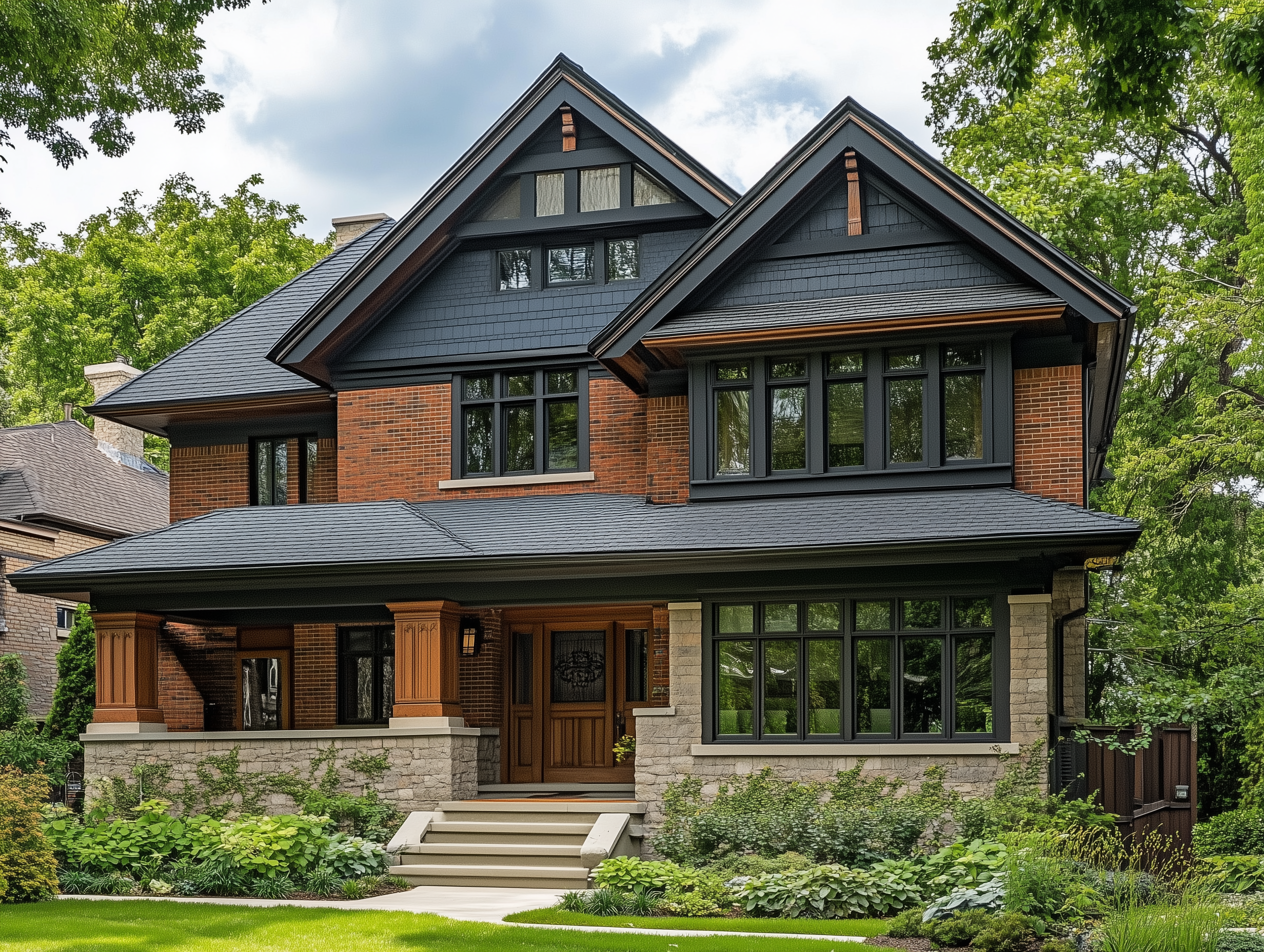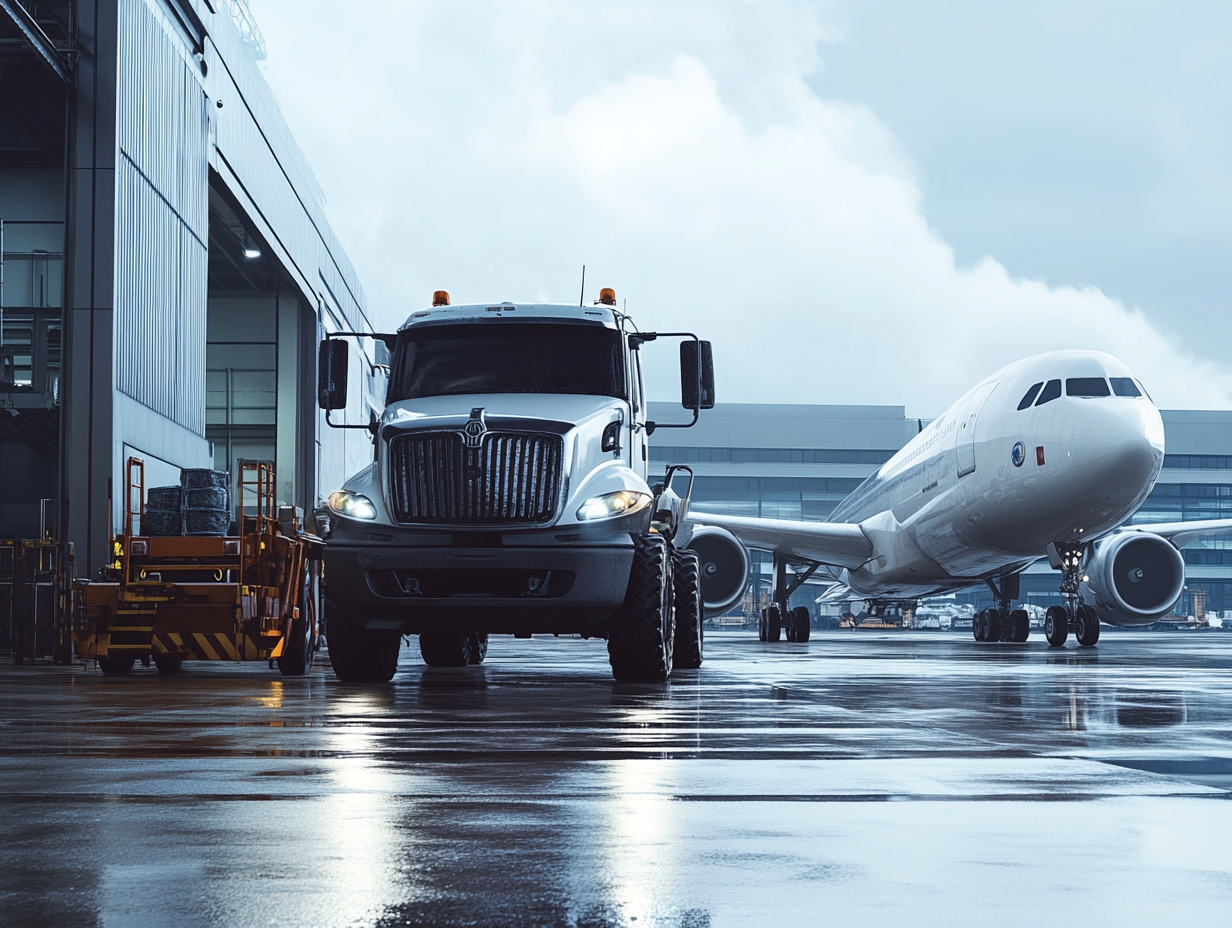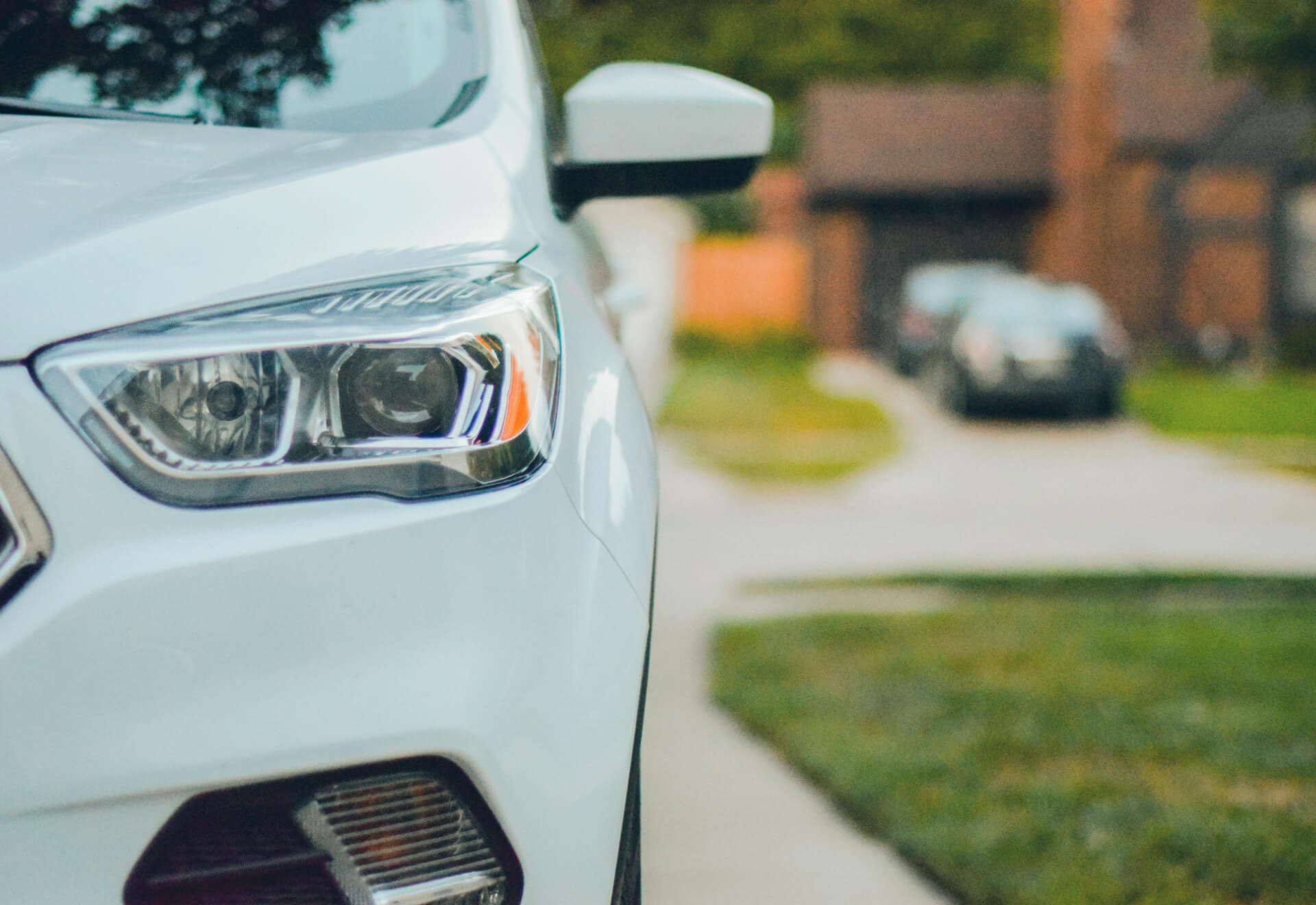Foire aux questions
Questions populaires
What should I do in the event of an accident ?
Ensure your safety, call the police, if necessary, exchange information with the other driver, and contact your insurer as soon as possible. Never adm...
Opt for a higher deductible, install security devices, group your insurance (e.g. car and tenant) and compare offers from different insurers.
Generally, yes. Check the details of your policy, as some types of water damage may be excluded.
Subletting may require special coverage. Inform your broket / insurer of this situation so that they can adjust your policy accordingly.
Yes, it covers you if someone is injured in your home or if you accidentally cause damage to others.
It generally covers your personal belongings and your civil liability and may include additional living expenses if your home becomes uninhabitable.
No, the structure is covered by the landlord's insurance. Your insurance covers your property and your liability in the event of accidental damage.
Most policies offer limited coverage for goods stolen outside the house, such as from your car or while travelling.
Make a detailed inventory of your possessions, estimating their replacement value. Remember to document this with photos or videos.
Landlord's insurance does not cover your personal property or civil liability. Tenant insurance protects your specific interests.
Absolutely! This insurance protects your products against damage, theft or loss during transport and storage, whether by land, sea or air. It's essential for securing your supply chain.
With increasing automation and interconnection of production systems, cyber risks have become central. Cyber insurance protects against production interruptions due to cyber attacks, data breaches and ransomware.
Although more critical for some industries, it is strongly recommended that most manufacturers have pollution insurance. It covers clean-up costs, damages, and legal fees related to pollution incidents, whether sudden or gradual.













